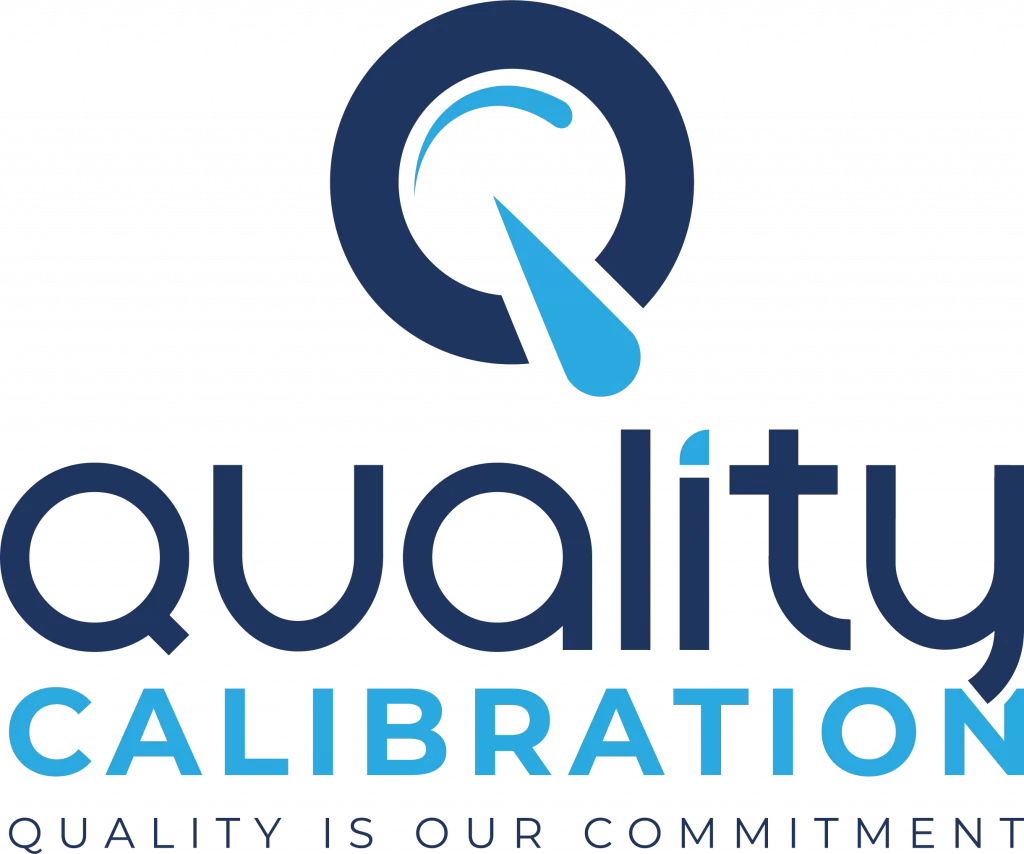In the world of precision and accuracy, calibration laboratories play a vital role. These facilities are responsible for ensuring that various measuring instruments and equipment are functioning accurately. To achieve this, calibration laboratories must operate under specific environmental conditions that guarantee the reliability of their measurements. In this article, we’ll explore the essential aspects of environmental conditions for a calibration laboratory and why they are crucial in maintaining high standards of precision.
The Foundation: Temperature Control
Temperature Stability Matters:
One of the primary environmental factors influencing calibration laboratories is temperature. Maintaining a stable temperature is essential for accuracy. Fluctuations in temperature can lead to expansion or contraction of materials, affecting the dimensions of equipment. Inconsistent temperatures can also alter the properties of substances being measured. To counter this, calibration laboratories typically set their temperature controls within a narrow range, ensuring precise and consistent measurements.
Keeping It Dry: Humidity Management
Humidity’s Impact on Precision:
Humidity is another critical environmental factor that calibration laboratories must address. High humidity levels can introduce moisture, which can corrode sensitive instruments or affect measurement accuracy. Conversely, low humidity can lead to electrostatic discharge, damaging equipment and potentially causing inaccuracies. Thus, controlling humidity levels is vital to maintaining the integrity of the measurement process.
Silence, Please: Vibration and Noise Control
The Quiet Quest for Precision:
Calibration laboratories are often nestled in industrial or urban environments, where vibrations and noise are common. However, these disturbances can be detrimental to the accuracy of measurements. Vibrations can disrupt the stability of sensitive equipment, while excessive noise can interfere with the concentration of lab personnel. To combat these issues, laboratories employ isolation techniques, such as anti-vibration tables, to ensure a quiet and undisturbed environment.
The Power of Clean Air: Controlling Air Quality
Air Quality and Measurement Precision:
Air quality might not be the first thing that comes to mind in a laboratory setting, but it plays a significant role. Contaminants in the air, such as dust, particulate matter, or chemical fumes, can adversely affect instruments and measurements. Calibration laboratories invest in advanced air filtration systems to maintain pristine air quality and uphold measurement accuracy.
The Importance of Lighting: Illumination Control
Seeing Clearly for Precision:
Proper lighting is often an underestimated aspect of environmental control. In a calibration laboratory, technicians must read measurements accurately. Poor lighting can lead to errors or misinterpretations. Therefore, laboratories implement specialized lighting systems to ensure consistent and well-distributed illumination.
Wrapping It Up: Environmental Conditions for Precision
In the world of calibration laboratories, precision is paramount. To achieve and maintain this precision, laboratories invest heavily in environmental control. Temperature stability, humidity management, vibration and noise control, air quality, and lighting all play critical roles in ensuring accurate measurements. Understanding and implementing these environmental conditions are essential steps towards achieving the highest standards of precision in calibration processes.
Bottom Line
In conclusion, calibration laboratories are the unsung heroes behind precise measurements, and their environmental conditions are the unsung heroes behind them. By diligently controlling factors like temperature, humidity, vibration, air quality, and lighting, calibration laboratories ensure that their instruments provide consistently accurate results, ultimately contributing to a more precise world.
Remember, the next time you marvel at the accuracy of your devices, there’s a high likelihood that a calibration laboratory’s dedication to optimal environmental conditions had a hand in it.

Md. Hasan Ibrahim is a Technical Manager at Quality Calibration with extensive experience in the calibration sector since 2015. Holding a Bachelor of Science degree in Mechanical Engineering from Khulna University of Engineering & Technology (KUET), he has received training from various national and international organizations including CSIR-CMERI, QSI, BAB, NML-BSTI, memmert, and X-rite. With expertise in ISO/IEC 17025 assessment, method validation, metrological traceability, and uncertainty, he has successfully completed numerous calibration projects across diverse industries such as pharmaceuticals, food & beverage, oil & gas, textiles & garments, power plants, batteries, chemicals, hospitals & healthcare, and private universities.


